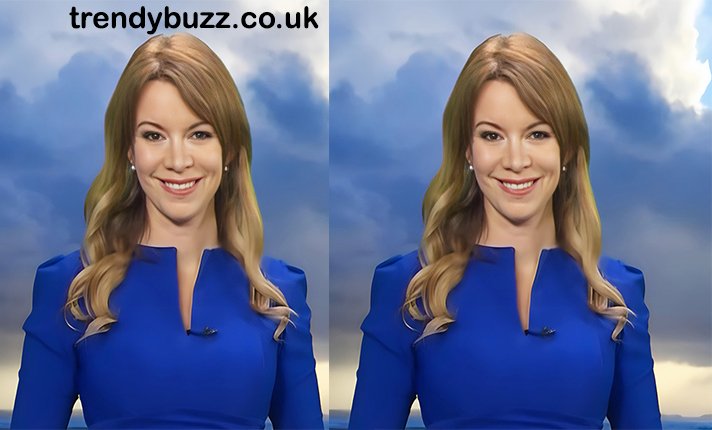Introduction
Here’s a fresh, focused article that explains why Elizabeth Rizzini’s name appears alongside conversations about disability, what those stories actually say, and how reporters and the public should read them. This version keeps the facts front and the commentary practical.
Who is Elizabeth Rizzini?
Elizabeth Rizzini is a Met Office–trained weather presenter who has worked across BBC radio and television platforms and who has produced weather and space-related features for the broadcaster.
Why her name appears in disability searches
When you see Rizzini’s name linked to the word disability, it is usually because of her public relationship with Frank Gardner, a long-serving BBC security correspondent who was shot while reporting in Saudi Arabia and sustained injuries that left him partially paralysed and using a wheelchair. Gardner’s story has been widely covered and has been the subject of a documentary; because Rizzini appears in those pieces as a partner and commentator, search results commonly bring their names together.
What the documentary shows
The BBC documentary about Frank Gardner explores his life after the attack, the practical realities of living with acquired disability and the adjustments that followed. Contributors, including Rizzini, speak about everyday routines, adaptations and the emotional work that family and partners often provide. Reviews praised the film’s honesty in showing both visible and hidden challenges of disability.
Why the distinction matters
It is important to keep two ideas separate. First, whether someone is a disabled person themself. Second, whether they are connected to disability through family, partnership or caregiving. Conflating the two erases the lived experience of disabled people and risks treating partners or carers as proxies in a way that distorts privacy and advocacy. Accurate language keeps attention on the person with the lived experience and on the structural issues they face, like access, healthcare and social support.
Practical takeaways for journalists
- Verify the subject. If a story names Elizabeth Rizzini and disability, check whether the piece refers to her, to her partner, or to another person entirely. Use direct quotes and primary sources.
- Center the disabled person’s voice. If coverage concerns Frank Gardner’s life and needs, foreground his perspective and the policy or practical issues that matter to others in similar situations.
- Avoid sensationalism. Don’t use disability as a hook for gossip about partners or for human interest angles that obscure policy and access problems.
Advice for readers and social audiences
When you encounter headlines that pair a broadcaster’s name with the word disability, pause and read the piece. Ask these simple questions: Who is the article about? Whose experience is being documented? Does the piece focus on practical barriers and rights, or on private details that add little public value? The answers tell you whether the reporting is informative or intrusive.
What families and caregivers might take from this
Public attention can be helpful and it can also feel invasive. Decide what to share and when. Use public platforms to direct people to resources—charities, advocacy groups and practical services—rather than to personal health details. When someone in the public eye does choose to speak, it can raise awareness and point audiences toward useful organisations and policy conversations.
Notes on representation and public conversation
Partnering with a disabled person often forces a household to navigate mobility, medical care, home adaptations and transport access. Media that explains these mechanics — ramps, adaptations, benefits, community services — helps readers understand disability as a set of public issues, not merely a private struggle. The documentary coverage of Gardner’s life moved that conversation into a mainstream space and helped non-disabled viewers grasp how settings and daily routines shape quality of life.
Conclusion
Elizabeth Rizzini is a BBC weather presenter. Her name appears in disability-related searches mainly because of her association with Frank Gardner and the documentary coverage of his life after a violent attack that left him partially paralysed. The important point for readers and journalists is this: separate the person who has the disability from people connected to them; center the lived experience and public issues; and report with clarity and respect.
Quick FAQ
Q: Is Elizabeth Rizzini disabled?
A: No. Professional profiles list her as a Met Office–trained weather presenter. References to disability typically concern her partner, not Rizzini herself.
Q: Who is Frank Gardner?
A: A BBC security correspondent who was shot in Saudi Arabia in 2004, suffered serious injuries and subsequently uses a wheelchair; his recovery and public work have been covered in documentary and news features.
Q: Where can I learn more?
A: Watch the BBC documentary on Frank Gardner or read mainstream profiles and reviews that discuss the film’s reporting and its reception.
